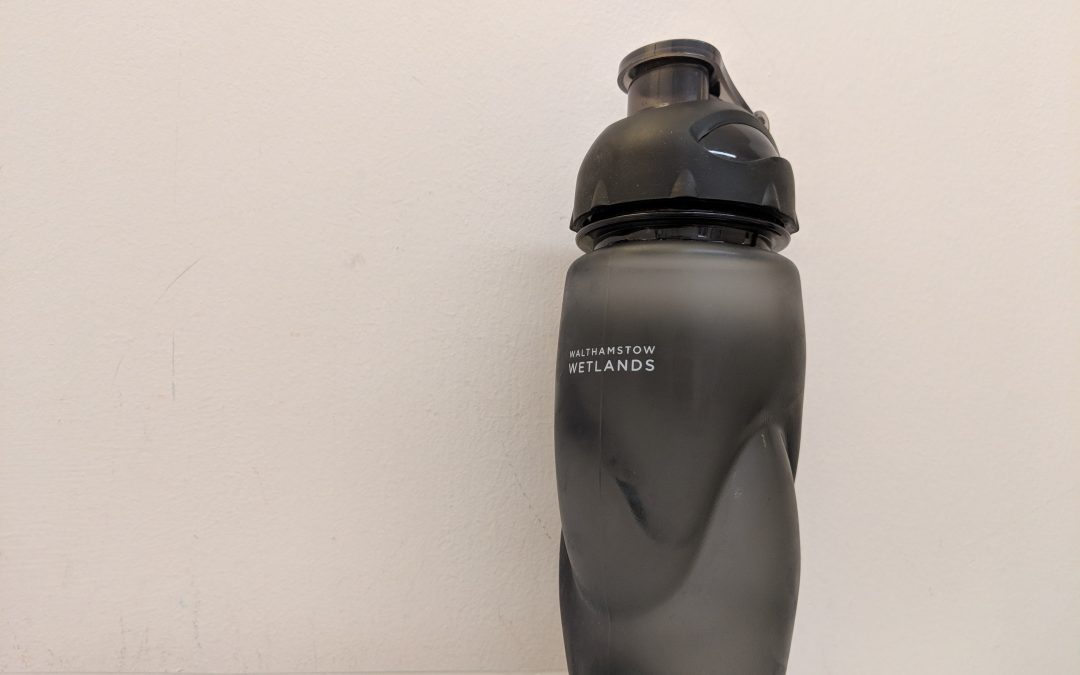So the summer of 2018 was really quite hot, and we’re moving into a really quite mild start to winter (but that is likely to change) and the heating is on. The common denominator with this? We sweat and we can become dehydrated under different conditions, and whilst it’s easier to remember in the heat of Summer, we do still need to drink fluids during the colder months.* So I thought I would write a bit about hydration levels within the body. The most common piece of advice is to drink 2 litres of water each day, which is about 8-10 glasses (but that alway makes me wonder what size are these glasses…?).
I have a client who, in the early days of my career as a bodyworker challenged my preconceived ideas about how much water people need to drink each day. At the time, I was quoting the idea of the 2 litres of water as gospel, and coffee and tea being bad and he didn’t accept that. So I went and tried to find the evidence to support my assertion, and couldn’t actually find any. Whilst this hurt my ego, I am actually very glad my friend challenged me on it.
What I did discover was that the 2 litres was a value plucked out of thin(ish) air, that is the total amount of liquid the average person need to intake on an average day. This includes the water that is present in the liquids we drink (e.g. water, tea, coffee, milk, non-dairy milk, soda, cola, diet cola, beer, vodka, gin, etc) and the food that we consume (so cucumber is really helpful.) Coffee, alcohol and tea are diuretics, which means the body pees more liquid out than we take in. Coffee and alcohol are stronger diuretics than tea but they will all ultimately lead to a lowering of our hydration levels.
The other fact is that the 2 litre value is for the average person, we are all unique and we will need different levels of liquid intake to maintain our hydration levels. This will also change depending on what we are doing and also the outside temperature: we lose water (and salts) through sweating during exercise and on hot days (boy, do I know this this summer).
What do I need water for?
We are approximately 60% water (depending on age, gender, etc) and most processes within the body need a fluid environment to work effectively. Water helps to keep the blood and the extracellular matrix (that surrounds every single cell in the body) at a good consistency allowing the transportation of oxygen, nutrients, neurotransmitters and other proteins to where they are needed. Water also allows the transportation of waste products out of the system, ultimately to the kidneys where these are removed from the body as urine.
Your body is constantly monitoring itself on how things are working and will try to rectify things to a certain level. This has the fancy name of homeostatis, and means that if there is too much water in the system you will pee more, or if there is not enough then it will try to extract more from the food in the large intestine (leading to drier and more solid poos), and also peeing less. Peeing less might mean you don’t get rid of the waste products as often so you might be storing these in the kidneys and bladder as uric acid (which might ultimately in the long term lead to kidney stones or other issues)
The extracellular matrix surrounds everything, and is a protein rich water gel. This has been shown by the work of Gerald Pollack (The Fourth Phase of Water and Cells, Gels and the Engines of Life) to organise itself in relation to the cells and this helps the transmission of glucose, proteins and neurotransmitters into the cells. Under certain circumstances this can get disturbed, circumstances such as fascial restrictions where the space between the water loving collagen and the water hating elastin fibres is reduced and water is pushed out of the matrix. There is research to support this, and I will shortly try to update this with the scientific paper details. This is why I give people water at the end of the treatment as their levels of water will change as the fibres are moving more freely and more water is needed, this is till homeostatis settles at a different level. The body will need more leading to a feeling of thirst, which we ideally respond to by drinking more. Trouble is that we can mentally over ride this sensation and not drink fluids, or we can mistake it for a craving for food or cigarettes.
If we become dehydrated we are morely likely to suffer from dry lips and mouth (often called thirst), cramps, headaches, and feelings of tiredness, confusion. We can also become very dizzy and possibly faint. I know this from personal experience when I fainted on holiday in Turkey, I was also salt deficient, which is also something to be mindful of in hot weather.
So how do you tell whether you need more water or not?
The best way to tell is to look at the colour of your pee: it should be the colour of “Pale straw”. This was always something that made little sense to me and I came across the below image that helped a lot more: you want your pee to be the colour of a lager. If it is the colour of Guiness you might need to consult someone as you are very dehydrated. There is also the fact that if you spot blood in your urine then you should probably discuss this with your doctor, as this can be a sign or symptom of something not right in the body.

Can you drink too much?
Its hard to do, but yes, you can drink too much water. As I said the body is trying to stay within a set level of hydration (amongst many other things) and if your pee is always clear and you are urinating very frequently (more than every two hours is a good rough estimate) then you might be having too much. As I said before, your urine should be the colour of pale straw.
The other thing that can happen with too much water in the system is the salt (sodium) levels in the body get too low and prevent the body functioning well.
The body’s salt levels can also get significantly low if we have been sweating profusely in hot weather.
As I said before I have experienced a time when I had low salt levels on holiday in Turkey as a teenager. This was back in the 1980s** and research had shown that general salt consumption in the population (through bread, and ready meals) was increasing and has significant health implications. Because of this, my mother reduced our general salt consumption (not adding it to foods as she was cooking) so I was used to not adding salt to my meals. Being in a hot country, I had been sweating masses , and I was going in and out of frigid air conditioned coaches as we were on a tour (it was fantastic and full of so many wonderful sights and historic locations, but exhausting). When my low salt hit incident happened, I suffered from severe diarrhoea and then fainted. Fortunately one of the others on the tour was a nurse, and gave me the quick tip of licking salt crystals off the back of my hand: I couldn’t taste them (apparently a quick test for low salt levels), so I was given ayran (a yoghurt drink with added salt) which was really quite horrible. Ever since then, when the weather is really hot and I am sweating lots to cool down, I start to add a small amount of salt to my food. Please note, that should you need to restrict your salt intake for medical reasons, please, please, please discuss with your GP whether, in hot weather, you should change add any. As I said at the very start of this article, we are all different and need different amounts of water, salt and many other nutritional elements.
So that’s my view on water levels. Generally we probably all need to drink a little more, so we have pale (but not colourless) urine. Your body knows how much it needs and you should respect that. I know that discussing urine can be a little bit weird, but it’s just a natural process.
Thanks for reading this my lovely Interonauts.
Tim

* Ok, to be completely honest, I started writing this in the summer, got sidetracked and now it’s autumn and I really should publish this. You see how my brain works and also that I can’t spend too much time behind a computer writing blog articles.
** Yep, I am that old. Some don’t believe it, but trust me I was born in the Seventies.

